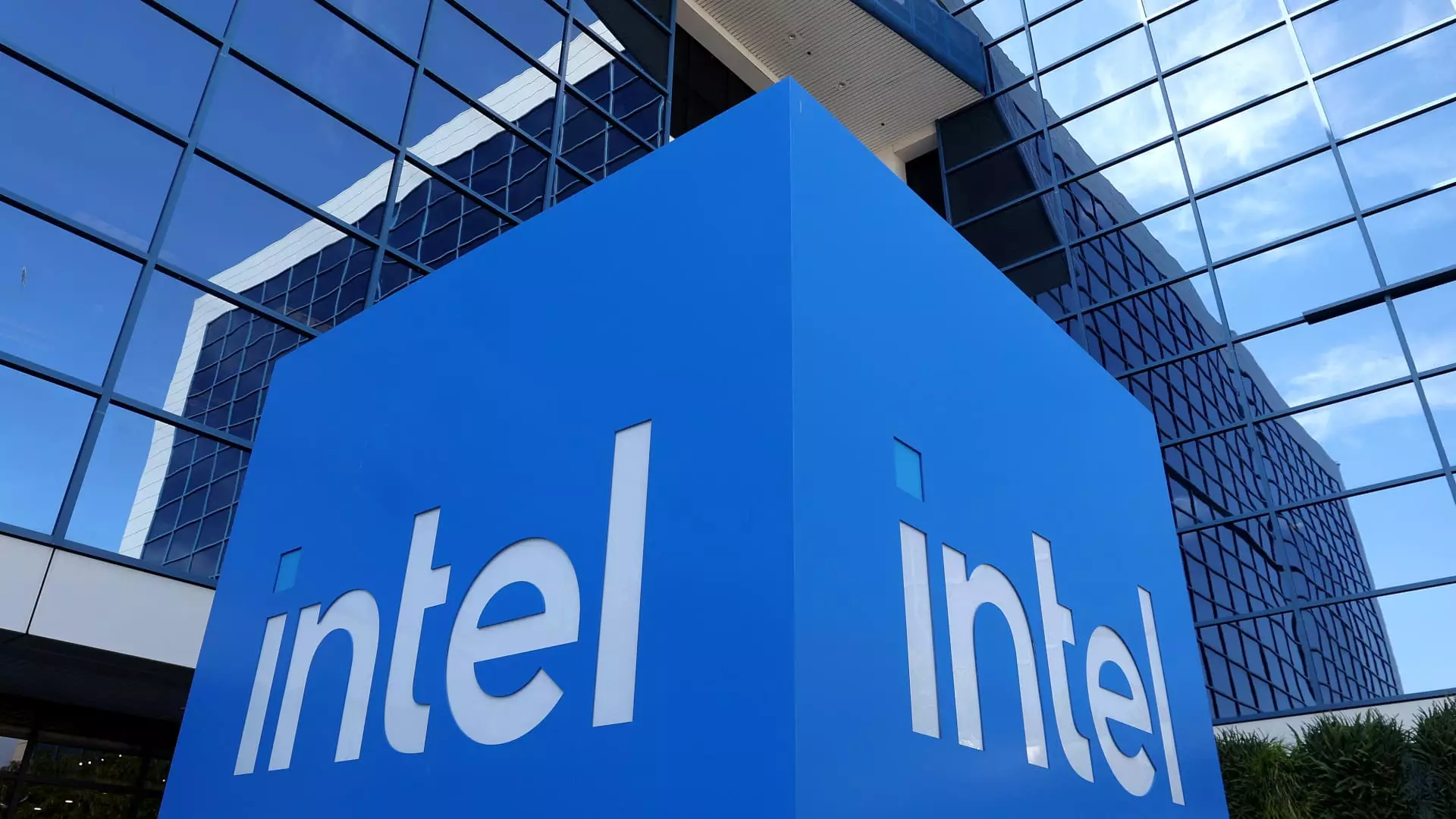Recent weeks have seen U.S. stock markets soaring to new heights, fueled by optimistic economic signals and a willingness among investors to embrace risk. Major indices, including the S&P 500, Nasdaq, and Dow Jones, hitting all-time records, create a compelling narrative of unstoppable growth. However, beneath this veneer of prosperity lies a dangerous overconfidence — a classic case of markets running far ahead of fundamental valuation. Stocks like eBay, Intel, and Incyte have been singled out as the most overbought on Wall Street, suggesting that investor euphoria may be masking fragile underlying conditions.
A key technical indicator, the 14-day Relative Strength Index (RSI), reveals troubling signs. When stocks surpass an RSI of 70, it isn’t merely a sign of momentum; it often signals an overheated market, ripe for corrections. The fact that stocks like eBay and Intel are well above this threshold, combined with recent double-digit weekly gains, screams caution. A healthy market does not consist of relentless climbs fueled by sentiment alone — it demands earnings stability and realistic valuations. The current surge seems more stories and speculation than genuine corporate growth.
Overbought Stocks: Condition or Catastrophe in Waiting?
Looking at the numbers, eBay, with a 77 RSI and an 8% weekly jump, epitomizes this overextension. Its 62% year-to-date gains are impressive but risk being a mirage if the fundamentals do not support such rapid appreciation. The company’s recent earnings beat and positive outlook helped, but these are often short-term catalysts in a long-term context of overvaluation. The widespread narrative suggests that eBay’s growth is sustainable, although skeptics argue that such steep climbs might trigger a sharp correction when investor sentiment shifts.
Similarly, Incyte, with a remarkable 80 RSI and an 11% weekly rise, exemplifies the dangers of chasing speculative biopharmaceutical stocks during a euphoric period. Despite positive upgrades from Wells Fargo and promising treatment updates, the stock’s steep rise may be more about market momentum than intrinsic value. When a stock’s overbought status is coupled with an upcoming catalyst, the temptation to buy is strong. But history repeatedly demonstrates that peaks driven by technical hype often end in sharp declines.
Intel’s recent rally is perhaps the most intriguing. After losing 60% of its value last year, the chip giant’s 23% weekly gain is unprecedented — the best in more than a quarter-century. While a report suggesting potential government support through U.S. manufacturing incentives sparked optimism, such interventions are inherently risky. Relying on government aid to prop up a company indicates fundamental vulnerabilities that overvolatility can exacerbate. Market expectations for Intel appear detached from its persistent operational challenges and competitive pressures.
The Broader Market Implications and a Cautionary Vue
This widespread overbuying reveals a dangerous misconception: that markets can always grow without consequence. Investors seem to be banking on an optimistic Federal Reserve that will cut interest rates, bolstering asset prices further. But this faith ignores the inherent cycle of overexuberance and correction. When valuation multiples climb too high, fueled by speculative fervor rather than earnings improvements, markets become destabilized.
Moreover, the current environment reflects an increasing disconnect between sentiment and substance. The tech sector and growth stocks, in particular, are experiencing a bubble-like scenario. Their steep rally, driven by hope and external stimuli rather than intrinsic value, could result in a brutal hangover if the economic data exhibit any signs of slowdown or if inflation pressures reappear.
From a policy perspective, maintaining this overconfidence might invite systemic risks. Central banks, especially the Federal Reserve, face a delicate balancing act: calming inflation without triggering a market collapse. Relying on hope for interest rate cuts or government interventions to sustain valuations is a risky game that could backfire if economic fundamentals falter.
In essence, the current market frenzy is reminiscent of past cycles where greed and optimism overshadow prudence. The overbought stocks like eBay, Intel, and Incyte serve as cautionary tales. Investing based solely on technical signals and short-term momentum is perilous, particularly when the broader environment appears disconnected from reality. As history teaches us, confidence should be guarded carefully — for the markets can just as easily turn from overbought to oversold when least expected.

